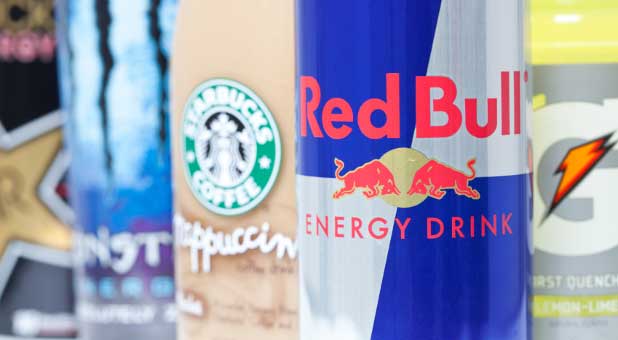Living in the most technologically advanced country in the world, many Americans believe that our food supply must have the highest standards anywhere.
The fact is, many of the things we eat in the U.S. have been banned in other countries because they are viewed as dangerous to health. Here’s a list of some of the most common:
1. Hormones in Milk. In 1993, the Food and Drug Administration approved the use of bovine hormones in cows, which boosts milk production by about 10 percent. However, some cow hormones have been linked to breast, colon, and prostate cancers. Giving cows hormones makes them more susceptible to illness, which means greater amounts of antibiotics are used to keep them productive. Increased use of antibiotics promotes resistant bacteria that can be deadly to humans.
Where it’s banned: Australia, New Zealand, Israel, the European Union (EU), and Canada.
2. Preservatives BHA and BHT. Manufactured from petroleum, these waxy solids are added to foods to prevent spoilage. The National Institutes of Health reports that BHA is “reasonably anticipated” to be a human carcinogen based on evidence of carcinogenicity in rats.
Where it’s banned: The UK bans BHA from baby foods. BHA and BHT are banned completely in Japan and parts of the EU.
3. Olestra. Olestra is found in diet chips including Pringles Fat free, Ruffles Light, and Lays Wow. Studies show it blocks fat absorption. Along with unhealthy fats, olestra stops the body from taking in valuable vitamins and carotenoids. It can also cause stomach troubles.
Where it’s banned: The UK and Canada.
4. Potassium bromate. This flour-bulking agent strengthens dough, decreasing baking time and thereby reducing costs for baked goods. Potassium bromate has been linked to kidney and nervous system disorders. The International Agency for Research on Cancer lists it as “possibly carcinogenic to humans.”
Where it’s banned: Canada, China, and the EU.
5. Arsenic. As crazy as it seems, this notorious poison is permitted by the FDA to be used in poultry feed, where it acts as a growth promoter and enhances the color of the meat. Arsenic affects blood vessels in chickens and turkeys, causing them to appear pinker and therefore fresher.
Where it’s banned: The EU.
6. Certain artificial colors. Five artificial colors (red 40, blue 1, blue 2, yellow 5, and yellow) are either banned or require warning labels when used in other countries. The Center for Science in the Public Interest states that risks include hyperactivity in children, cancer (in animal studies), and allergic reactions. Until the 20th century, food coloring was obtained from natural sources. Today, most artificial colors are made from coal tar. Most processed foods contain coal tar in the form of artificial colors.
Where it’s banned: Norway and Austria.
7. Brominated vegetable oil. Brominated vegetable oil or BVO acts as an emulsifier in soda and sports drinks, preventing the flavoring from separating and floating to the surface. Elevated bromide levels have been implicated in thyroid diseases.
Where it’s banned: In more than 100 countries.
8. Ractopamine. It is fed to pigs and beef cattle to quickly build muscle. No long-term human safety studies have been done, although it has been tied to chromosomal abnormalities and behavior changes.
Where it’s banned: Europe, China, and Russia.
9. GMO foods. The vast majority of corn and soybeans grown in the U.S. are genetically modified, meaning the DNA in the plants has been changed in a lab. Genes from bacteria, viruses, insects, animals, or even humans are artificially inserted into the crops to make them more productive or less costly to grow. No clinical trials have been performed to determine the effects of GMO crops on humans.
Where it’s banned: The EU. More than 40 countries require labeling of GMO foods. There is no labeling requirement in the U.S.
10. Farmed salmon. Factory-farmed salmon, which makes up 80 percent of salmon on the global market today, are given antibiotics and fed artificial coloring. Tests have shown that farmed salmon contains 16 times more of the cancer-linked toxin PCB than wild salmon.
Where it’s banned: Australia and New Zealand. {eoa}
For the original article, visit newsmaxhealth.com.







































